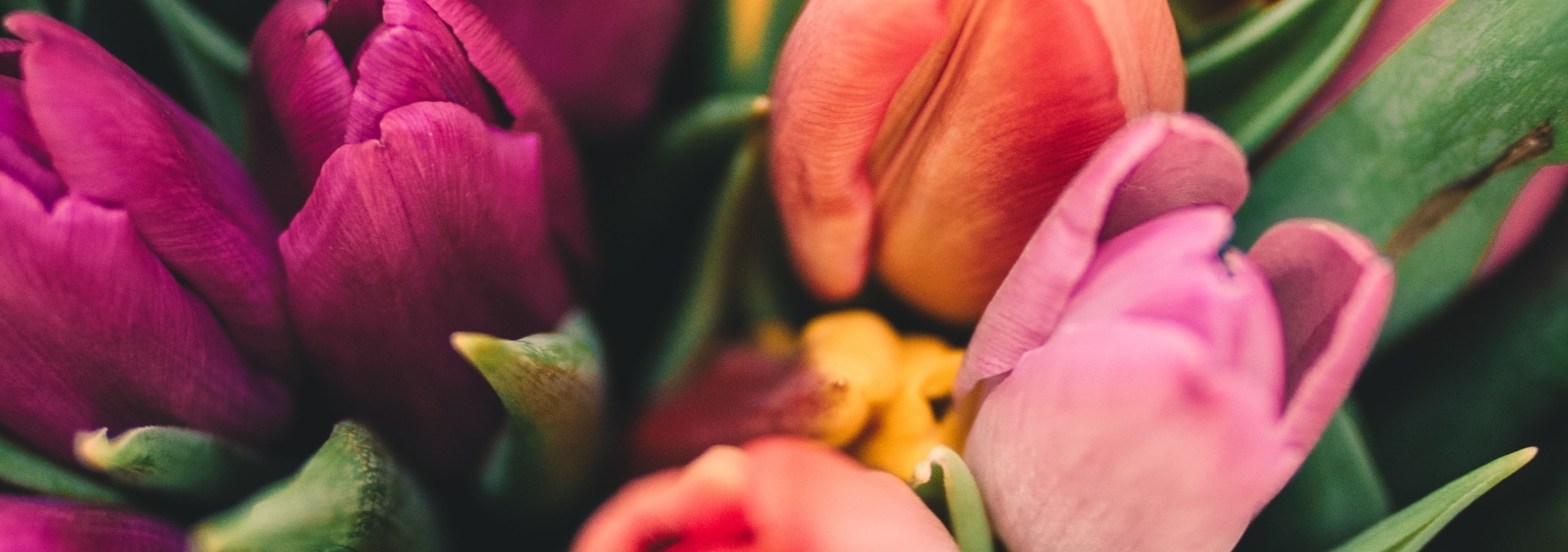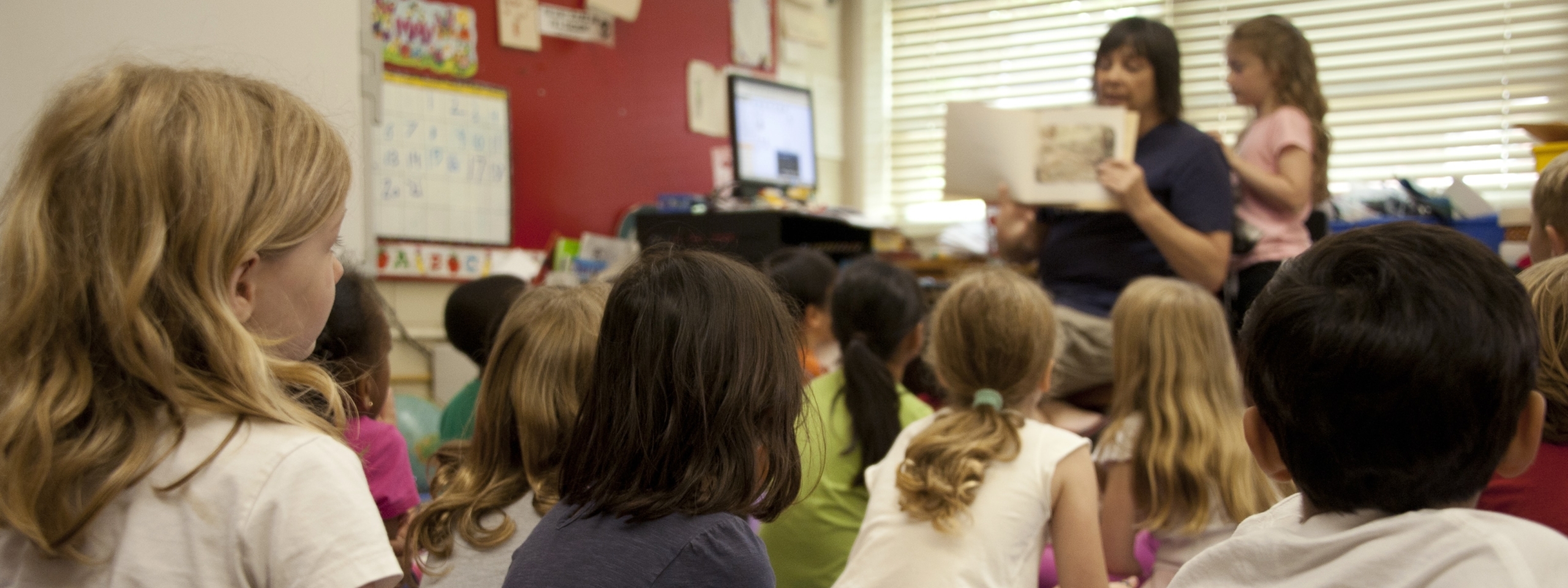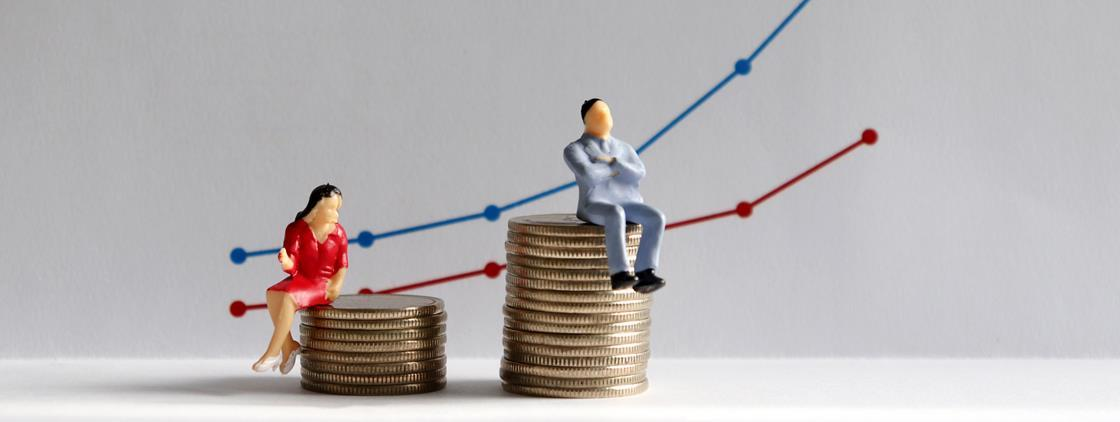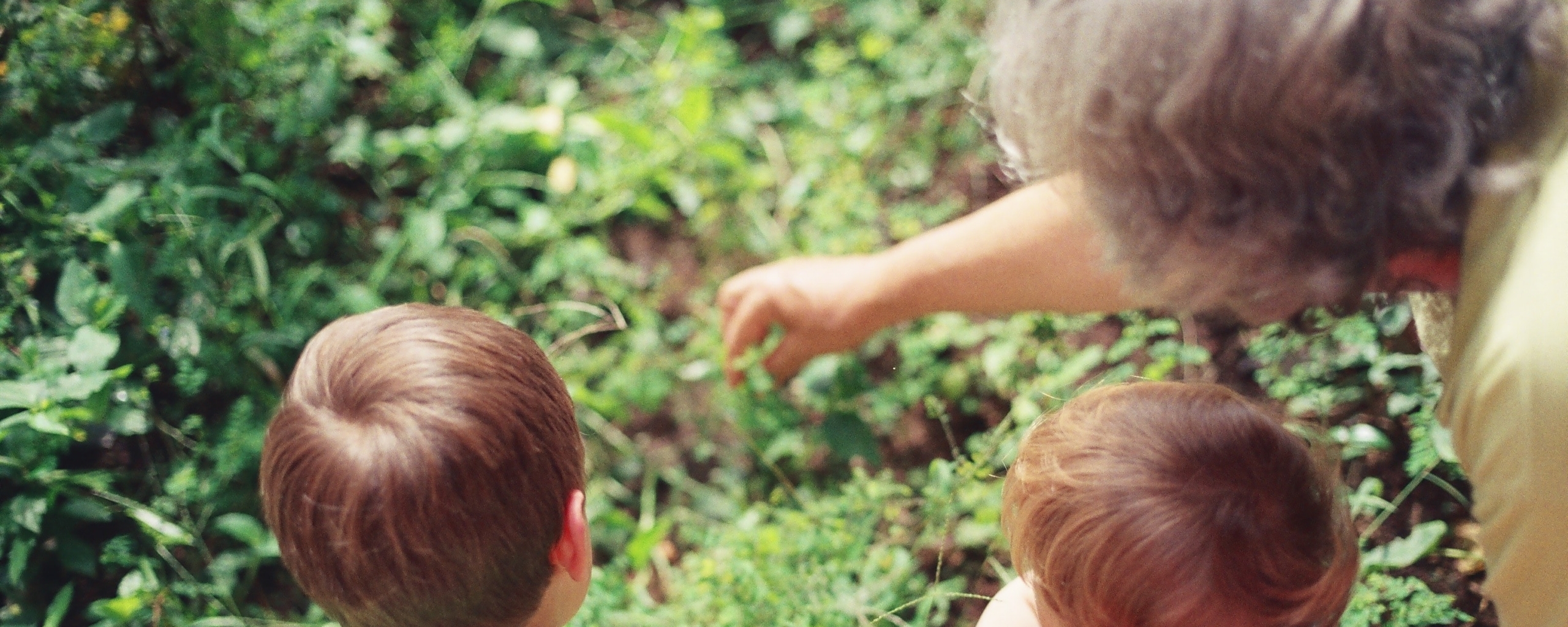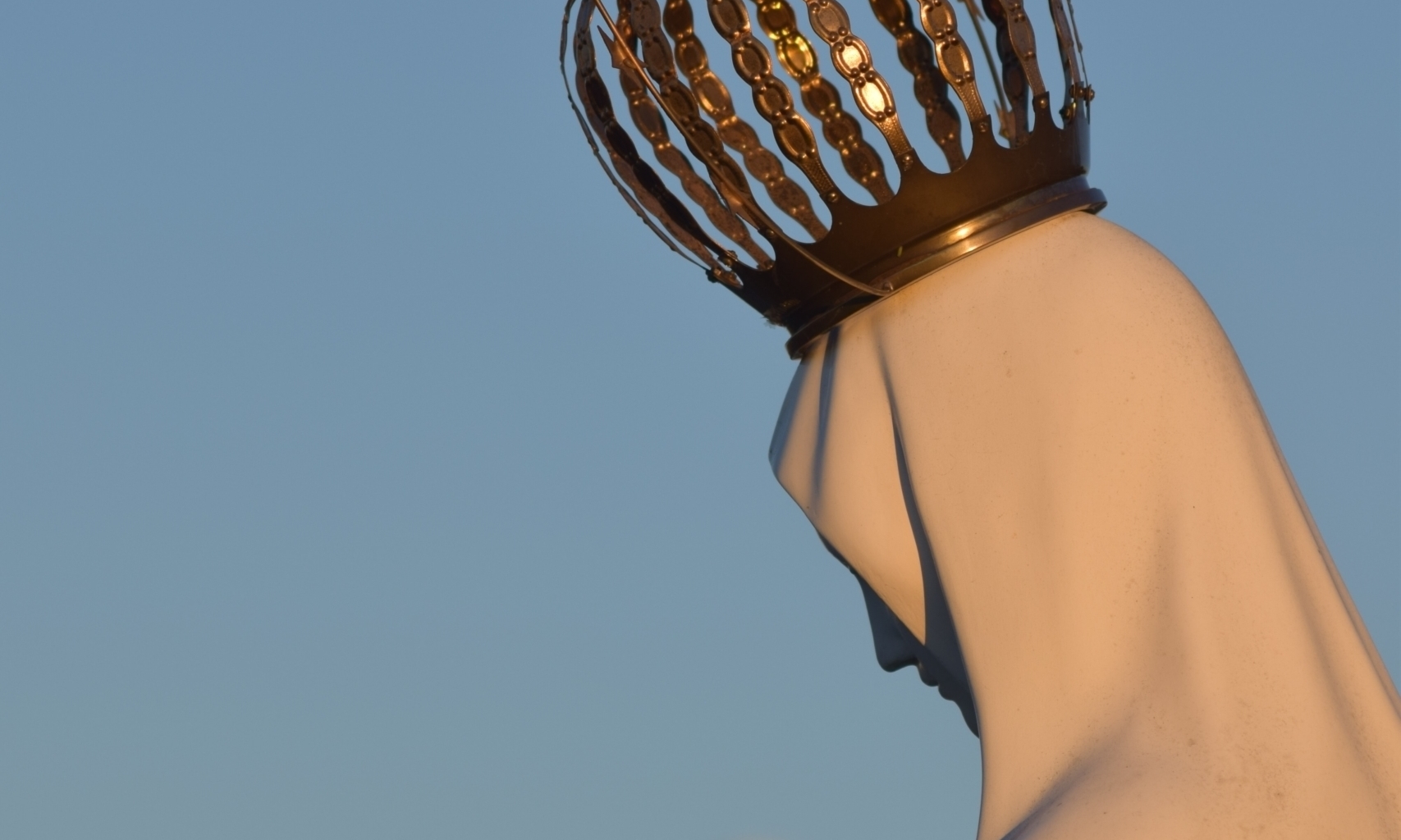Art & Family
The Family is very connected with Art. In this page we would like to encourage families with all their members to live with Art and to make of art by their lives living their faith.
As John Paul II Pope said in 1999 in its Letter to the Artists “Society needs artists, just as it needs scientists, technicians, workers, professional people, witnesses of the faith, teachers, fathers and mothers, who ensure the growth of the person and the development of the community by means of that supreme art form which is “the art of education”. Within the vast cultural panorama of each nation, artists have their unique place. Obedient to their inspiration in creating works both worthwhile and beautiful, they not only enrich the cultural heritage of each nation and of all humanity, but they also render an exceptional social service in favor of the common good.
The particular vocation of individual artists decides the arena in which they serve and points as well to the tasks they must assume, the hard work they must endure and the responsibility they must accept. Artists who are conscious of all this know too that they must labour without allowing themselves to be driven by the search for empty glory or the craving for cheap popularity, and still less by the calculation of some possible profit for themselves. There is therefore an ethic, even a “spirituality” of artistic service, which contributes in its way to the life and renewal of a people. It is precisely this to which Cyprian Norwid seems to allude in declaring that “beauty is to enthuse us for work, and work is to raise us up”.
The distinction between the moral and artistic aspects is fundamental, but no less important is the connection between them. Each conditions the other in a profound way. In producing a work, artists express themselves to the point where their work becomes a unique disclosure of their own being, of what they are and of how they are what they are. And there are endless examples of this in human history. In shaping a masterpiece, the artist not only summons his work into being, but also in some way reveals his own personality by means of it. For him art offers both a new dimension and an exceptional mode of expression for his spiritual growth. Through his works, the artist speaks to others and communicates with them. The history of art, therefore, is not only a story of works produced but also a story of men and women. Works of art speak of their authors; they enable us to know their inner life, and they reveal the original contribution which artists offer to the history of culture. A noted Polish poet, Cyprian Norwid, wrote that “beauty is to enthuse us for work, and work is to raise us up”. The theme of beauty is decisive for a discourse on art. It was already present when I stressed God’s delighted gaze upon creation. In perceiving that all he had created was good, God saw that it was beautiful as well. The link between good and beautiful stirs fruitful reflection. In a certain sense, beauty is the visible form of the good, just as the good is the metaphysical condition of beauty. This was well understood by the Greeks who, by fusing the two concepts, coined a term which embraces both: kalokagathía, or beauty-goodness. On this point Plato writes: “The power of the Good has taken refuge in the nature of the Beautiful”.
Tate Gallery is inviting us to Explore how artists have responded to the theme of Family
National Gallery Art is inviting you to Discover a variety of multi-generational programs
Kids and Families. The Met Museum has so much to offer kids and their families
FAFCE Easter Newsletter 🌷 | 25th Anniversary and Meeting with Pope Francis
14 April 2022, Brussels Europe will experience a special Easter this year. As war devastates Ukraine, families find themselves separated, forced to flee, and face death, deprivation and fear. Together with all the families of our member associations, our
Referenda in Hungary on sexual education in schools
12 April 2022, Brussels At the end of 2021, the Hungarian Parliament has approved a government's proposal to hold a national referendum on sexual education within school. The 4 referenda took place the same day of the Hungarian elections,
The Council of Europe publishes its new Strategy for the Right of the Child for 2022-2027
8 April 2022 On the 7 and 8 of April 2022, the Italian Presidency of the Council of Europe presented in Rome the new Council of Europe’s Strategy for the Right of the Child for 2022-2027. Children are specifically
PRESS RELEASE | The European Parliament asks to replace “sex” by “gender” in a directive on pay transparency
PRESS RELEASE The European Parliament asks to replace "sex" by "gender" in a directive on pay transparency Strasbourg, 6 April 2022 The European Parliament decided yesterday to bypass a Plenary debate on a sensitive report which asks to
European Care Strategy: Families are the first carers
4th of April 2022, On the 24th of March 2022, The European Commission introduced at the European Parliament its “European Care Strategy”, to improve the lives of carers and their dependants. The Commission was represented by Commission Vice-President for Democracy
PRESS RELEASE | War in Ukraine: FAFCE united to the Act of Consecration to the Immaculate Heart of Mary
Brussels, the 25th of March 2022 From the start of this war, which is affecting Europe, FAFCE has associated itself with Pope Francis' appeal for peace. FAFCE also launched a call for donations, to help Ukrainian families fleeing the

